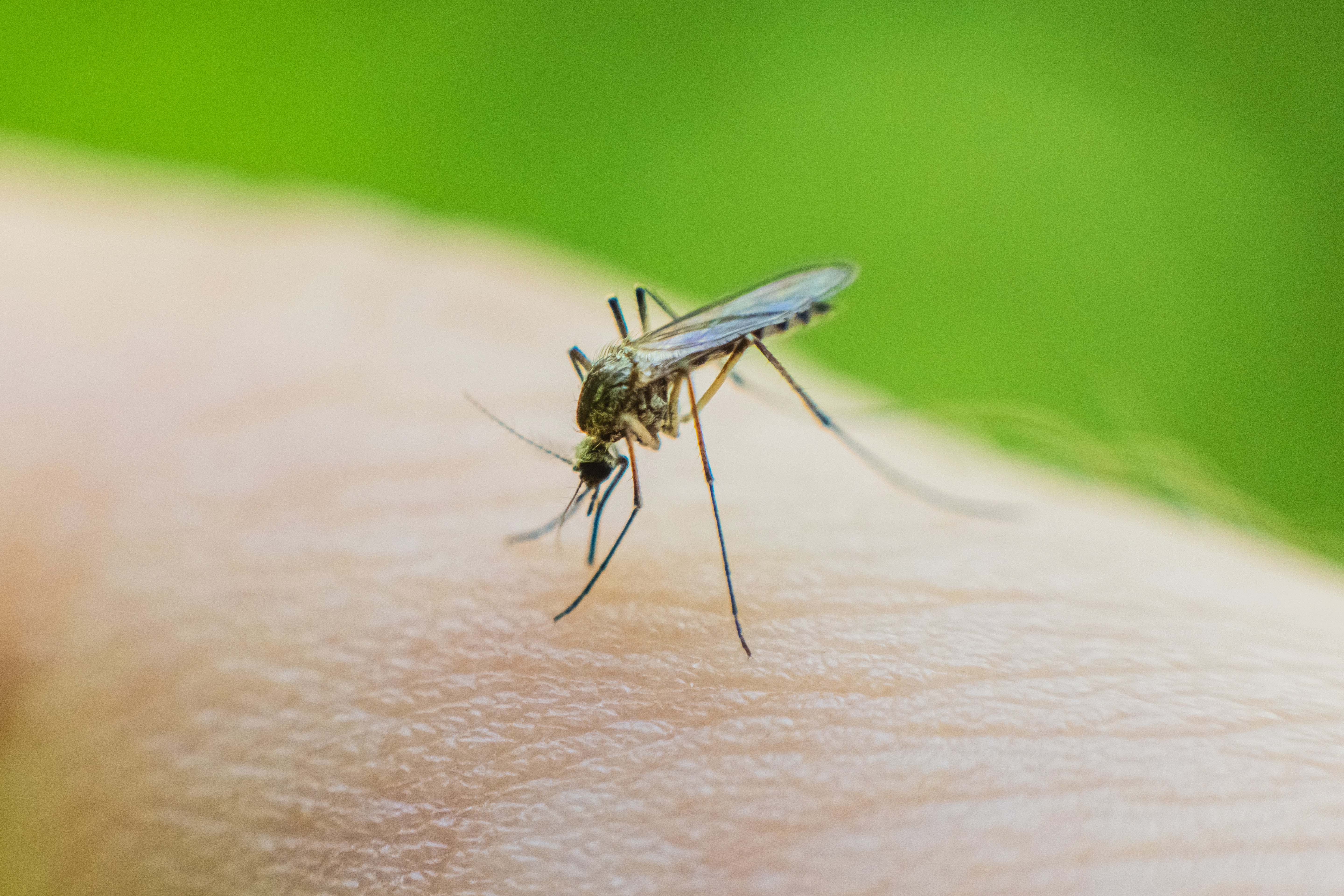Egypt declared malaria-free after 100-year effort to eradicate deadly disease
Genetic evidence of the disease was previously found in the mummy of King Tutankhamun

Your support helps us to tell the story
From reproductive rights to climate change to Big Tech, The Independent is on the ground when the story is developing. Whether it's investigating the financials of Elon Musk's pro-Trump PAC or producing our latest documentary, 'The A Word', which shines a light on the American women fighting for reproductive rights, we know how important it is to parse out the facts from the messaging.
At such a critical moment in US history, we need reporters on the ground. Your donation allows us to keep sending journalists to speak to both sides of the story.
The Independent is trusted by Americans across the entire political spectrum. And unlike many other quality news outlets, we choose not to lock Americans out of our reporting and analysis with paywalls. We believe quality journalism should be available to everyone, paid for by those who can afford it.
Your support makes all the difference.Egypt has been certified as a malaria-free country by the World Health Organization (WHO) after 100 years of efforts to eradicate the disease.
Dr Tedros Adhanom Ghebreyesus, WHO director-general, said: “Malaria is as old as Egyptian civilization itself, but the disease that plagued pharaohs now belongs to its history and not its future.”
Malaria is transmitted by Anopheles mosquitoes and has been traced as far back as 4000 B.C.E. in Egypt, with three million cases reported during the Second World War.
The North African country is the first to receive the certification in the Eastern Mediterranean region since 2010.
Countries can be awarded a malaria-free certification when they have “proven, beyond reasonable doubt, that the chain of local transmission of all human malaria parasites has been interrupted nationwide for at least the past 3 consecutive years, and that a fully functional surveillance and response system that can prevent re-establishment of indigenous transmission is in place”.
In total, 44 countries and one territory have been declared malaria-free.
Dr Tedros added: “This certification of Egypt as malaria-free is truly historic, and a testament to the commitment of the people and government of Egypt to rid themselves of this ancient scourge. I congratulate Egypt on this achievement, which is an inspiration to other countries in the region, and shows what’s possible with the right resources and the right tools.”
The achievement comes after 100 years of efforts by Egyptian governments to eliminate malaria.
In the 1920s, the country prohibited the cultivation of rice and crops near homes to reduce human-mosquito contact as most of Egypt’s population lived along the banks of the Nile River.
A small outbreak of malaria cases in the Aswan Governorate was “rapidly contained” in 2014 through prompt treatment and public education.
Dr Khaled Abdel Ghaffar, deputy prime minister of Egypt, said: “Receiving the malaria elimination certificate today is not the end of the journey but the beginning of a new phase.
“We must now work tirelessly and vigilantly to sustain our achievement through maintaining the highest standards for surveillance, diagnosis and treatment, integrated vector management and sustaining our effective and rapid response to imported cases.
“Our continued multisectoral efforts will be critical to preserving Egypt’s malaria-free status.”
For more travel news and advice, listen to Simon Calder’s podcast
Join our commenting forum
Join thought-provoking conversations, follow other Independent readers and see their replies
Comments